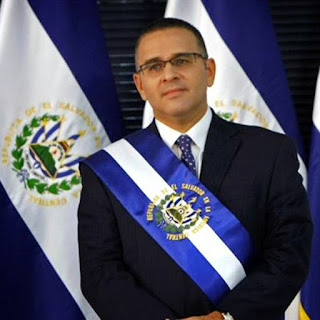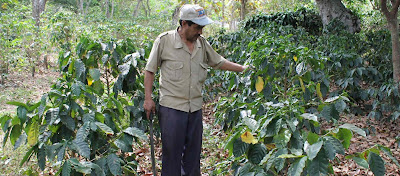One conviction not same as a cleaned-up PNC
This article first appeared on the website of InsightCrime with the title El Salvador Police Convictions Fall Short in Curbing Abuses Written by Victoria Dittmar By sentencing four police officers involved in extrajudicial executions, authorities in El Salvador may be sending a message about their willingness to address internationally scrutinized police violence, but the root causes of the problem continue unabated. On June 22, El Salvador’s Attorney General announced that four members of the National Civil Police (Policía Nacional Civil – PNC) were sentenced to 60 years in prison for aggravated homicide. The convictions were for crimes that occurred on February 13, 2017, in the town of San Pedro Masahuat, in the department of La Paz. Two civilians died in what the police had described as a chase and confrontation with gang members. However, the court concluded that the confrontation never happened, and that the narrative was used to cover up extrajudicial killings. The At...





